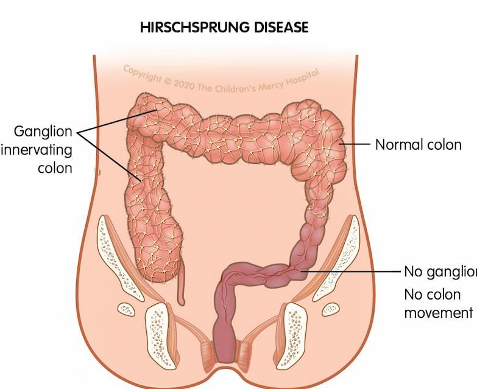Which change in status should alert the nurse to increased intracranial pressure (ICP) in a child with a head injury?
Confusion and altered mental status
Increased diastolic pressure with narrowing pulse pressure
Irregular, rapid heart rate
Rapid, shallow breathing
The Correct Answer is A
A change in status that should alert the nurse to increased intracranial pressure (ICP) in a child with a head injury is confusion and altered mental status. As intracranial pressure increases, it can affect brain function and lead to neurological changes, including confusion, disorientation, irritability, decreased level of consciousness, or other alterations in mental status. These changes indicate that the brain is being compressed and compromised, and immediate intervention is required.
Option B, increased diastolic pressure with narrowing pulse pressure in (option B) is incorrect because it, can be a sign of increased ICP, but it is not specific to head injuries and can be influenced by other factors such as pain, anxiety, or systemic conditions. It is important to consider the overall hemodynamic status of the child and assess for additional signs and symptoms of increased ICP.
irregular, rapid heart rate in (option C), can be a sign of increased ICP, but it is not specific to head injuries and can be influenced by other factors such as pain, anxiety, or other medical conditions. Assessment of heart rate should be considered along with other signs and symptoms of increased ICP.
rapid, shallow breathing, in (option D) can be a sign of increased ICP, but it is not specific to head injuries and can be influenced by other factors such as pain, anxiety, or respiratory conditions. Respiratory assessment should be considered along with other signs and symptoms of increased ICP.
Nursing Test Bank
Naxlex Comprehensive Predictor Exams
Related Questions
Correct Answer is A
Explanation
The assessment finding that the nurse should expect in an infant with Hirschsprung disease is option A, constipation with the passage of foul-smelling, ribbon-like stools. Hirschsprung disease is a congenital condition characterized by the absence of ganglion cells in the distal part of the colon, leading to functional obstruction. The affected segment of the colon lacks the normal peristaltic movements, resulting in an accumulation of faecal matter. The stools passed by infants with Hirschsprung disease are often constipated, and the narrow, ribbon- like appearance is a result of the narrowed segment of the colon.
diarrhea (option B) is incorrect because it, is not typically associated with Hirschsprung disease. Instead, the condition presents with constipation due to the obstructed bowel.
foul-smelling, fatty stools in (option C) is incorrect because it, is not characteristic of Hirschsprung disease. This finding may be associated with malabsorption disorders such as cystic fibrosis or celiac disease, but not specifically with Hirschsprung disease.
"currant jelly" stools in (option D) is incorrect because it, is a term commonly used to describe the stools seen in intussusception, which is a different condition involving the telescoping of one segment of the bowel into another. It is not an expected finding in Hirschsprung disease.

Correct Answer is D
Explanation
In this scenario, the child's increased urination after a serious motor vehicle crash may
indicate a potential issue with fluid balance. Monitoring the child's intake and output is the
priority action for the nurse. This involves accurately measuring and recording the fluids the
child consumes (intake) and the fluids the child eliminates through urine, sweat, and other
sources (output). By closely monitoring the child's intake and output, the nurse can assess the
child's fluid status and identify any abnormalities or imbalances that may require further
intervention.
Restrict dietary sodium intake in (option A) is incorrect because restricting dietary sodium
intake, may be necessary in certain situations, such as if the child has a known sodium
imbalance or hypertension. However, it is not the priority action in this scenario.
Assess the daily serum sodium level in (option B) is incorrect because assessing the daily
serum sodium level, is important to evaluate the child's electrolyte balance. However, it is not
the priority action compared to monitoring the child's intake and output.
Weigh the child daily in (option C) is incorrect because weighing the child daily, is a useful
measure to assess changes in fluid balance. However, it is not the priority action in this
scenario compared to monitoring the child's intake and output, which provides real-time
information on fluid balance.
Whether you are a student looking to ace your exams or a practicing nurse seeking to enhance your expertise , our nursing education contents will empower you with the confidence and competence to make a difference in the lives of patients and become a respected leader in the healthcare field.
Visit Naxlex, invest in your future and unlock endless possibilities with our unparalleled nursing education contents today
Report Wrong Answer on the Current Question
Do you disagree with the answer? If yes, what is your expected answer? Explain.
Kindly be descriptive with the issue you are facing.
